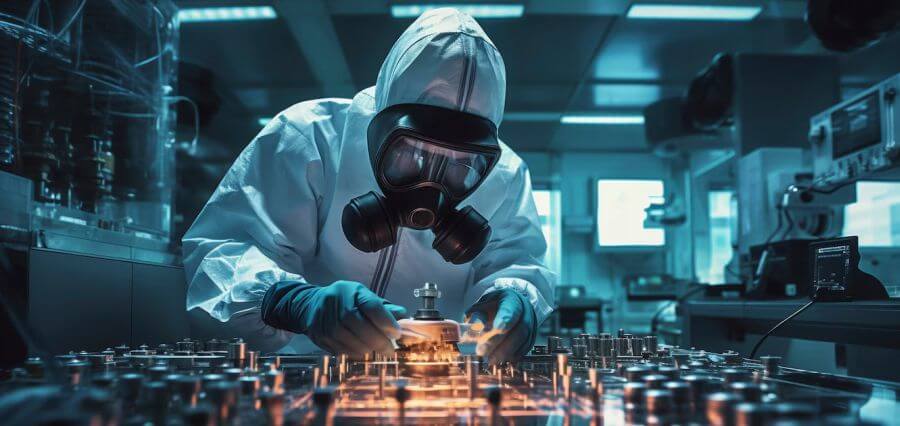The Importance of Welding in the Medical Field

The role of medical devices in patient care cannot be understated, especially with the constant evolution of technology in the medical industry. New medical technologies, such as wearable devices, have revolutionized the way healthcare is delivered. These intelligent sensors and monitors can be placed inside or on the skin, offering a safe, durable, and flexible solution for patients.
Innovations in medical instructions, like orthopedic screws and spinal implants, are created with strict adherence to quality standards and attention to detail. The quality of these devices depends on various factors, including design and materials. This is where medical welding plays a crucial role.
Medical welding solutions play a vital role in the manufacturing of medical devices, especially those classified as CE Class III innovations, such as cardiac pacemakers and replacement heart valves. The quality of these devices can be a matter of life and death for patients, emphasizing the importance of joint integrity and hermeticity to prevent contamination and leakage of internal materials.
Different welding techniques are employed in the medical industry to ensure the quality and integrity of medical devices. Ultrasonic welding, GTAW (gas tungsten arc welding), laser welding, and resistance welding are some of the techniques commonly used in medical device manufacturing. Each technique has its own advantages and is suitable for specific applications in the medical field.
Looking towards the future, advancements in machine learning and artificial intelligence are expected to enhance welding robotics’ capabilities, improving efficiency and quality. Digitalization of welding processes is also on the horizon, revolutionizing workflows and increasing operational efficiency. With these technological advancements, the demand for industrial welders is expected to rise, requiring a new set of skills such as physical abilities, attention to detail, and mathematical proficiency.
In conclusion, welding plays a vital role in ensuring the production of safe and reliable medical devices. From electronics integration to materials compatibility, welding is essential in meeting the stringent demands of the medical industry. With the continued advancement of technology, welding will remain a critical component in the development of innovative medical devices.






